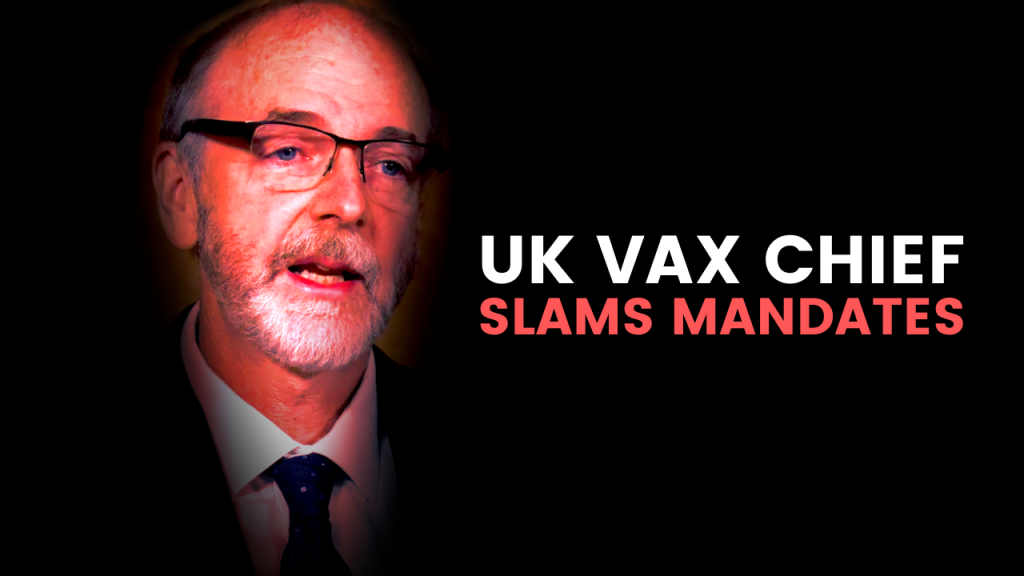
One of the scientists chiefly responsible for developing the COVID-19 vaccines warns that endless rounds of booster shots are a bad idea, slamming vaccine mandates and the “zero COVID” approach embraced by some governments and politicians.
“We can’t vaccinate the planet every four to six months,” said Professor Sir Andrew Pollard, the “driving force” behind the AstraZeneca vaccine. “It’s not sustainable or affordable. In the future, we need to target the vulnerable.”
Pollard is the chairman of the Joint Committee on Vaccination and Immunization (JCVI), which advises the United Kingdom’s health departments on the pandemic.
Speaking to the Telegraph, Pollard explained that when he and his team at the Oxford Vaccine Group first began work on the AstraZeneca trials in April 2020, they weren’t confident that they’d have any results to show for at least two years.
“Even this time last year, we were worried and uncertain. We were in the grip of alpha. So many people had died in November and December. We had the tools, but we didn’t know the impact the vaccines would have in the population,” he said.
Over a year later, 90 per cent of British citizens over the age of 12 have had their first vaccine, and 80 per cent have had two doses. Over 33 million booster shots have been given. These statistics mark Britain’s progress in the pandemic, which has Pollard optimistic about the future.
Pollard believes that infections are not translating into hospitalizations and deaths primarily because of the efficacy of the vaccines.
“This,” he said, can be attributed to “the huge power of the vaccines. Without the vaccinations, the NHS would already be on its knees due to full beds and staff shortages – even more than in a usual year. Being vaccinated stops you as an individual being ill, off work, or filling up ICU, blocking a bed for someone who has cancer.”
While Pollard justifies the existence of Britain’s “plan B” restrictions, arguing they were a necessary response to the surge of Omicron cases, which would have overloaded the country’s health service, he contends that any pursuit for a “zero COVID” policy is not only foolish but unnecessary.
Pollard noted to the Telegraph that he agrees with the prevailing opinion that the Omicron variant is milder than Delta and previous strains, adding that he does not believe the U.K. should lockdown again.
“At some point, society has to open up,” he said. “When we do open, there will be a period with a bump in infections, which is why winter is probably not the best time. But that’s a decision for the policymakers, not the scientists. Our approach has to switch, to rely on the vaccines and the boosters. The greatest risk is still the unvaccinated.”
Despite supporting the vaccines, the professor demanded to see more robust evidence before throwing his support for a second round of booster shots.
“It depends if your goal is to stop all infections, but that is wrong,” remarked Pollard. “The goal is to prevent severe disease and protect health systems around the world.”
Pollard also took aim at mandatory vaccination schemes, saying he is “not a huge fan” of such policies, particularly in the U.K., where any efforts to do so would be “inappropriate.”
“The worst is absolutely behind us,” promised Pollard. “We just need to get through the winter.”










